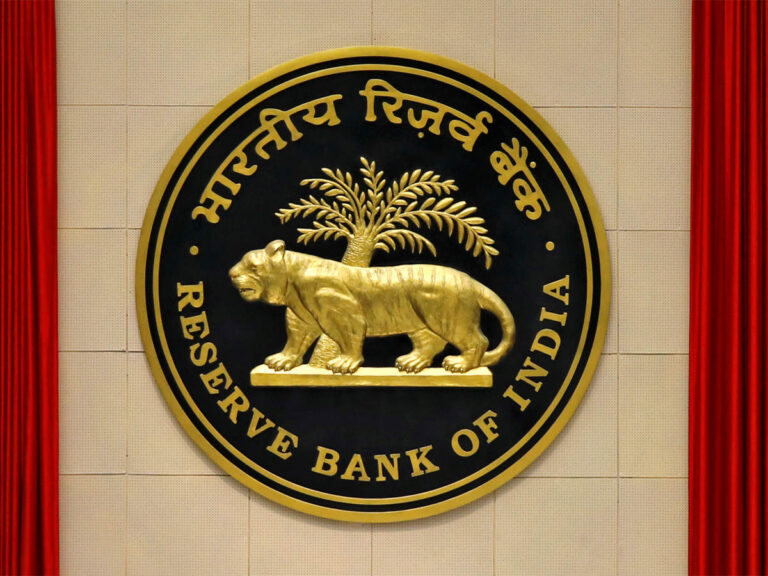In a move to enhance transparency and uniformity in the financial sector, the Reserve Bank of India (RBI) has issued a new directive for Asset Reconstruction Companies (ARCs). The central bank has mandated ARCs to establish a standard operating procedure for reporting to credit bureaus, aligning their practices with those of other financial institutions.
The circular, released on Thursday, emphasizes the need for ARCs to give “top priority” to addressing customer grievances and ensuring timely submission and updates of loan data. This directive is part of the RBI’s ongoing efforts to ensure compliance with norms and protect consumer interests across all supervised entities.
Under the new guidelines, ARCs are required to regularly update records provided to credit bureaus, ensuring no repayment instances go unreported. The RBI stated, “These guidelines would harmonise rules for ARCs related to credit bureaus with those for banks and non-banks.”
Credit bureaus play a crucial role in the financial ecosystem by compiling credit scores and reports based on individuals’ borrowing history, payment behavior, and borrowing patterns. Banks and non-banking financial companies share data with these bureaus to prevent defaults, facilitate responsible lending decisions, and track borrowers’ credit history.
In a significant change, ARCs are now mandated to become members of all credit bureaus, a step up from the previous requirement of membership with at least one bureau. The RBI has also directed ARCs to appoint a nodal officer specifically for dealing with credit bureaus.
The central bank has set a deadline of January 1 for ARCs to implement systems and processes ensuring compliance with these new guidelines. This move is expected to create a more cohesive and transparent credit reporting ecosystem, benefiting both lenders and borrowers.
As India’s financial landscape continues to evolve, these regulatory changes reflect the RBI’s commitment to maintaining a robust and fair credit system, ultimately contributing to the overall health of the nation’s economy.



